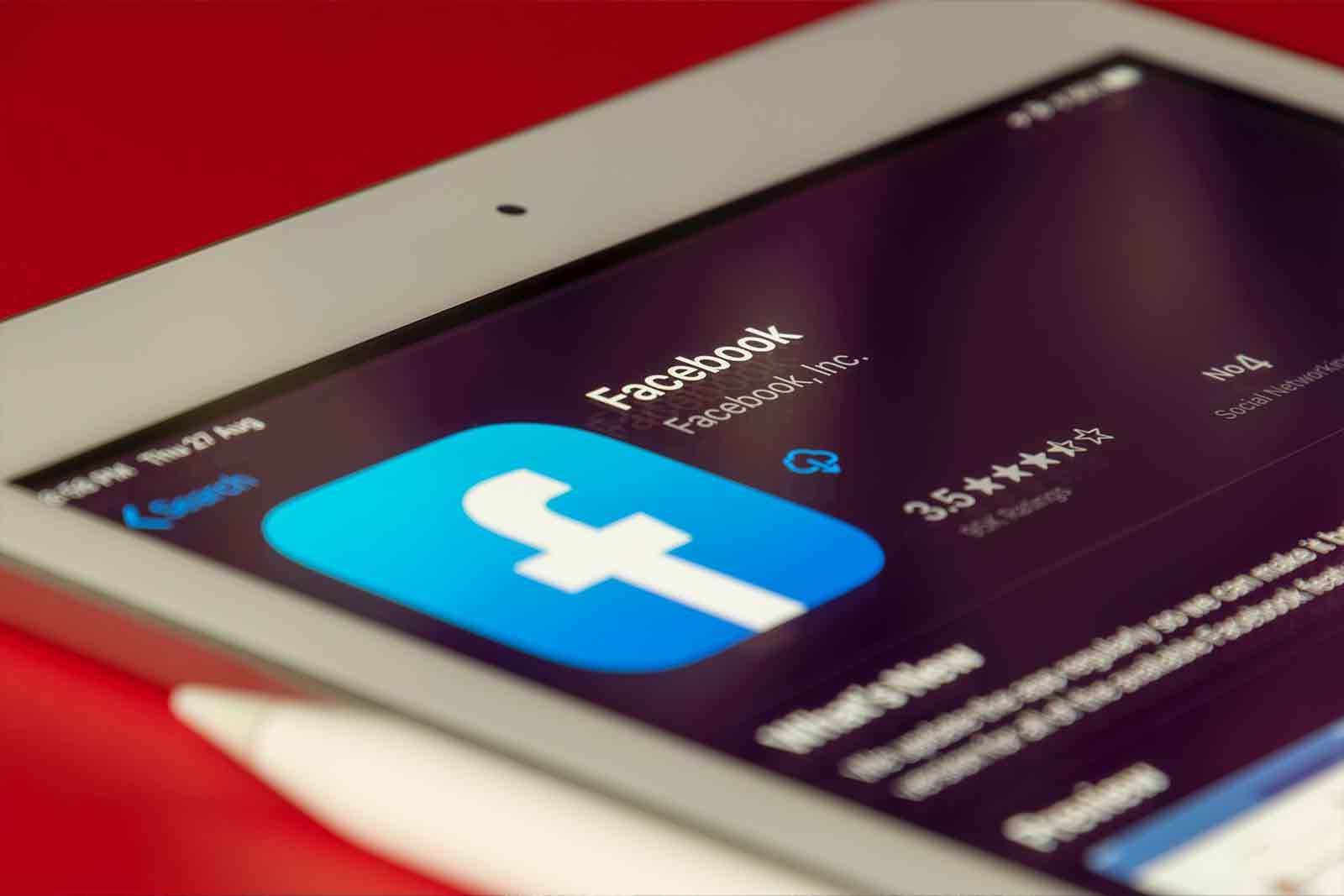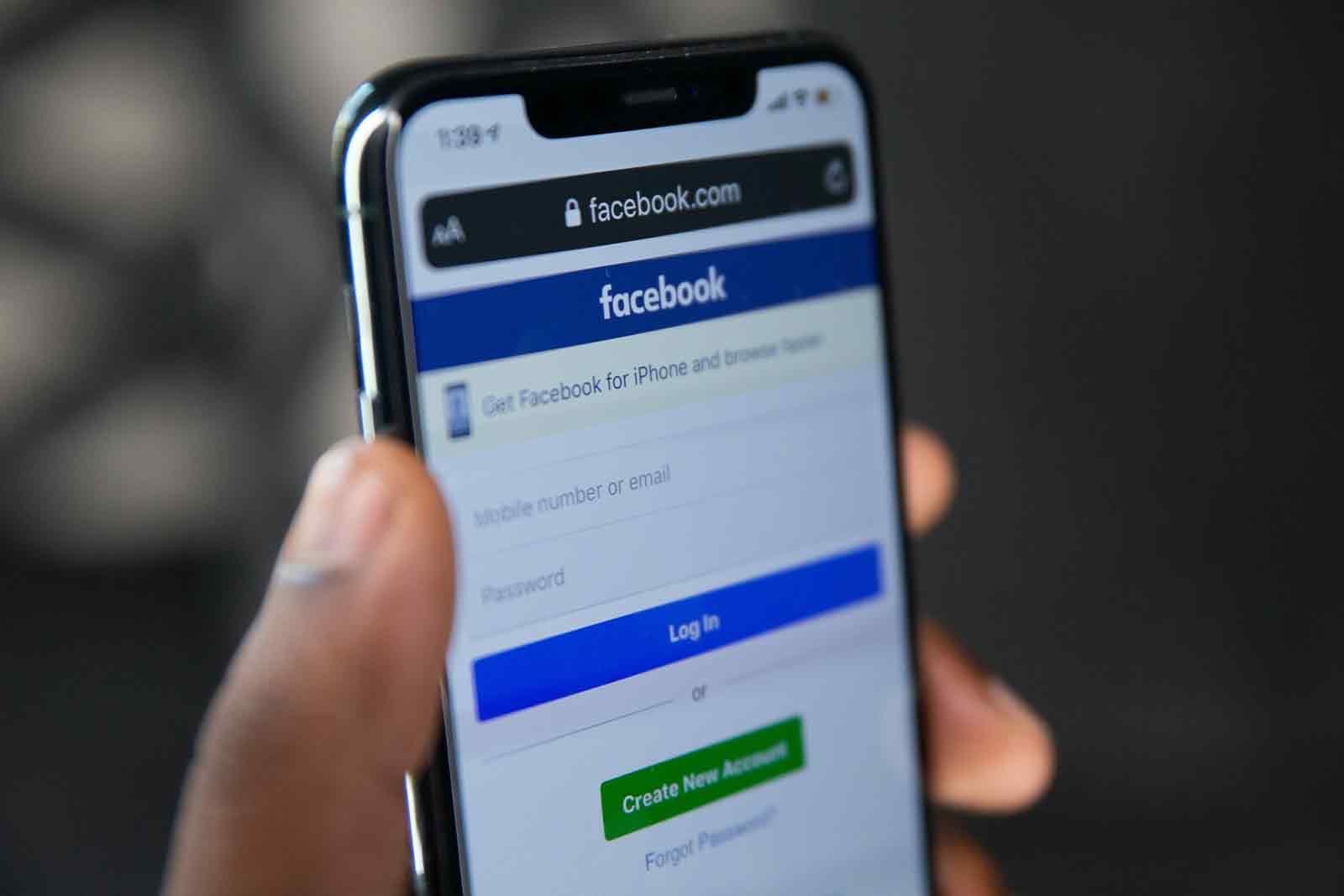Key Takeaways
- Facebook is the most popular social media platform, but it is also a target for cybercrime. Sharing personal information online makes us vulnerable to hacking.
- If you suspect your Facebook account is hacked, check for suspicious activity, change your password, review account permissions, report the breach, and log out from all devices.
- To prevent hacking, choose a strong password, never share your login details, log out from public devices, be cautious of clicking on untrusted links, and use additional security options like two-factor authentication.
Facebook is the most used social media platform, with over 2.9 billion registered users worldwide as of January 2023. This makes it a potential target for cybercrime elements. If you are worried your Facebook account has been hacked, follow these simple steps to easily reclaim control of your account.
How to tell if your Facebook account is hacked
In this age of technological advancements, we often share important information on social media platforms like Facebook, Twitter, and Instagram. Unfortunately, this innocent practice of sharing your details can be exploited by cybercriminals. So, as we become more comfortable sharing every aspect of our lives online, we become more vulnerable to those seeking to misuse our personal information.
Suppose you notice any suspicious activity on your Facebook account, such as changes to your email or password, alterations to your name or birthday, friend requests sent to unknown individuals, unauthorized sent messages, or unauthorized outgone posts and advertisements. In that case, your Facebook has likely been hacked. In such cases, it is vital to take immediate action to protect your personal information.
Actions to take if your Facebook is hacked
If you think your account has been hacked or taken over, don’t panic. There are a few steps to follow, and Facebook has made it easier to recover your account without much hassle. All that Facebook needs you to do is change your password and review recent login activity. But before you get to that, here are immediate actions to take.
Log in to see if you still have access
First things first, try to log in to your Facebook account. Sometimes, hackers might not have changed your password yet, so you might get lucky and regain access.
When you log in, go to Settings & Privacy, navigate to Settings, and from the list options, click on Activity Log to see if any activity took place without your consent. Under the activity log, pay close attention to Security and login information, which shows if another device gained access to your account, when, and where. If you see an account logged in, disconnect it immediately. This action will temporarily shut out the intruder and buy you more time to secure your account effectively.
Change/ reset your Facebook password
Now, it’s time to change your password. You must be fast in doing so, as the hacker may be attempting to do it before you. Follow this step if you are using a desktop:
- Go to Settings & Privacy
- Click on Settings
- Navigate to the Accounts Center on the left
- Go to Password and security
- Click Change password
- Save changes
Follow this step if you are using a mobile device:
- Tap Settings & Privacy
- Touch Settings
- Tap Password and security
- Touch Change password
- Type your new password
- Retype your new password
- Tap Save changes
Note: Make sure you create a strong and unique password. Try to avoid using obvious combinations, such as “password12345” or your birthdate.
If the hacker has already changed your password and you can’t log in, don’t fret! Click on the Forgot Password option on the login page and go through the account recovery process.
Note that Facebook may require you to provide your Email address, phone number, and username associated with your Facebook account.
They may also require the names of some of your friends. Whichever they want, make sure you provide them with the correct information.
Carefully examine your account permissions
It is vital to carefully examine the permissions of your account and kick out any sketchy or malicious apps that may have been lurking around. These can be potential gateways for hackers, so it’s better to remove them ASAP.
To do this, go to the Security menu, navigate to apps and websites, and delete any app you don’t recognize. Upgrading to a newer phone version, like the latest Apple iPhone 15 (or any phone that supports the latest software version), will give you a security advantage, which will not support as many malicious apps.
Report the breach to Facebook
If unauthorized ads or spam messages were sent out from your account, report the breach to Facebook. Let them know what’s happened, and they can investigate and assist you in resolving the issue.
Log out from all your devices
To be on the safe side, it’s a good idea to log out from Facebook on all your devices. This ensures that even if the hacker has access to one of your devices, they won’t be able to continue wreaking havoc. To do this, follow the following steps:
- Choose Settings and Privacy
- Tap Settings
- Choose Security and login
- Scroll down and click the option Log out of all sessions
Log in and tighten your security
Once you’ve covered the basics, it’s time to regain control. Log back into your account and tighten up its security settings. Facebook provides various options to protect your account, such as two-factor authentication, password changes, security checkups, and reviewing login alerts.
Follow these security tips and be on the safe side each time you are using Facebook:
- Safeguard your password: Choosing a strong and unique password is important. Avoid using obvious things like your pet’s name or “12345”. Mix it up with a combination of letters (uppercase and lowercase), numbers, and special characters to make it tough to crack. If you’re worried about forgetting your new password, use a good password manager to help you generate and store hard-to-crack passwords.
- Do not share your Facebook login details: Never share your Facebook login information with anyone, not even your dearest. Ensure you check the URL of any website requiring your Facebook login details to be safe before logging in. Again, don’t forward any email from Facebook to anyone, as they may contain your important data.
- Always log out of Facebook when you use a public device: If you’re using a shared computer, like at a library or an internet café, always remember to log out of Facebook when you’re done. It’s a simple extra step to ensure others can’t snoop around on your account.
- Do not click on links you don’t trust: Hackers often use clever tactics to get you to click on malicious links that can compromise your account. These links may appear to be from your friends or trusted companies but could lead to phishing websites or install malware on your device. Verify the source and be cautious before clicking on any link.
- Beware of malicious software: Malicious software, also known as malware, can compromise your account by stealing your sensitive information or giving hackers control over your device. Avoid downloading software or opening attachments from untrusted sources, as they might contain malware. Keep your device’s antivirus software updated to detect and remove any potential threats.
- Use added security options from Facebook: Facebook provides additional security features to protect your account, such as two-factor authentication (2FA). Enabling 2FA adds an extra layer of security by requiring you to provide a second verification form, such as a unique code sent to your mobile device, when logging in. This makes it harder for hackers to gain unauthorized access even if they have your password.
Final thoughts
Despite several security checks being put in place by Facebook to deter hackers, intruders may still find a way to steal users’ data, especially those who don’t take them seriously. By following and implementing the steps and security tips outlined in this article, hackers will find it difficult to hack into your account.


